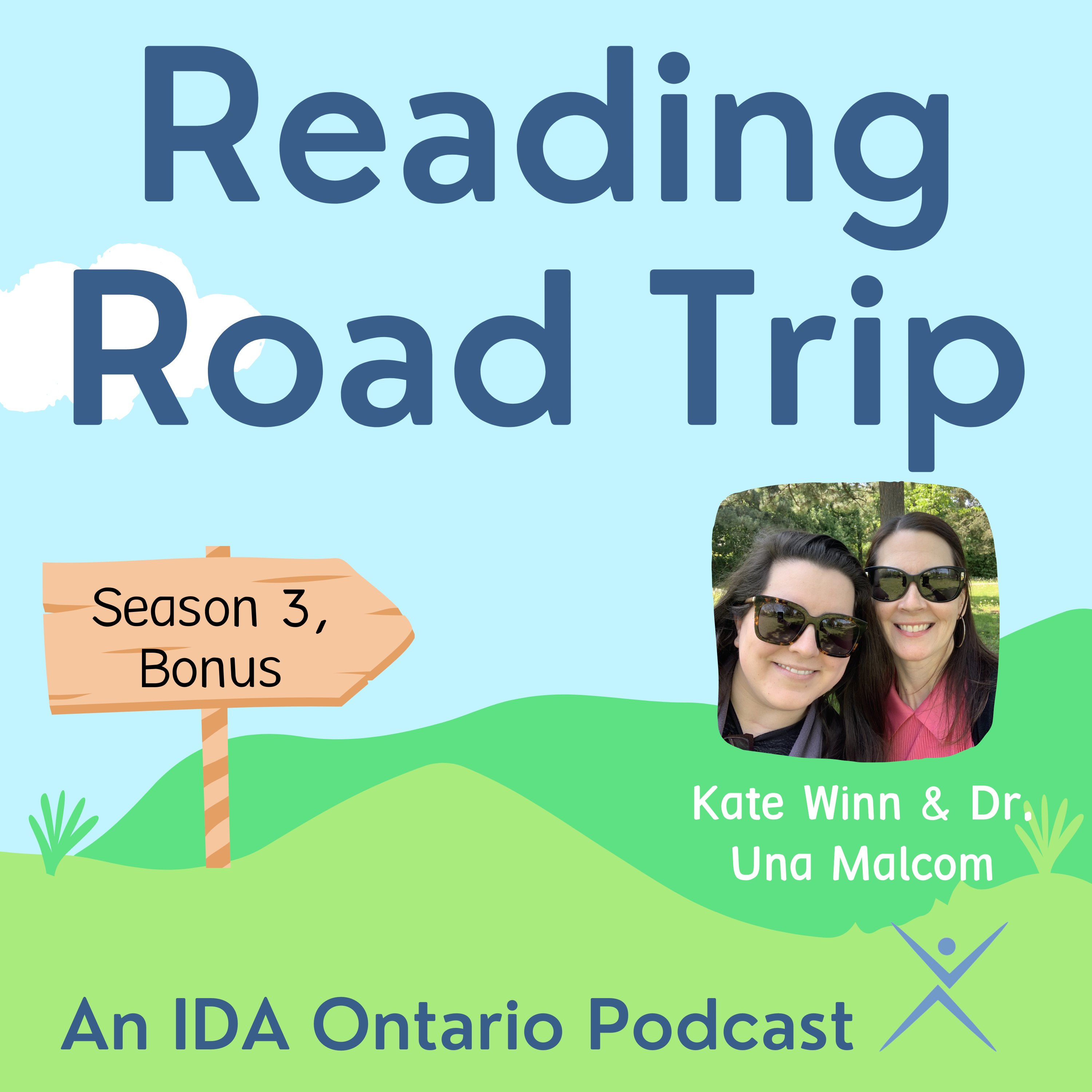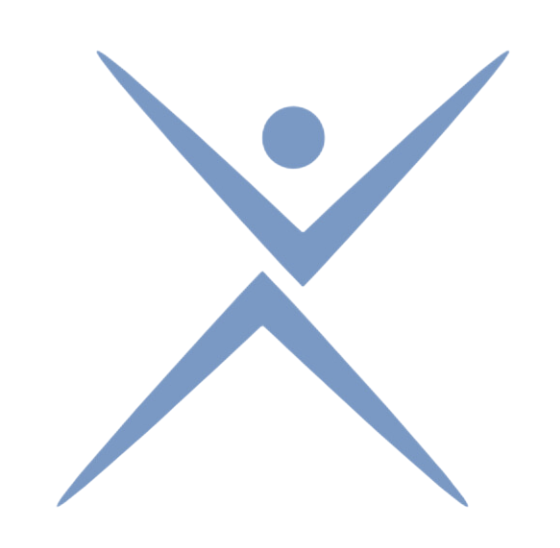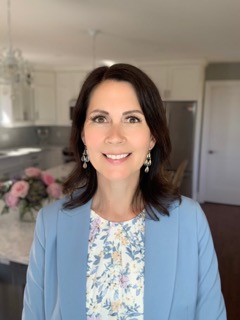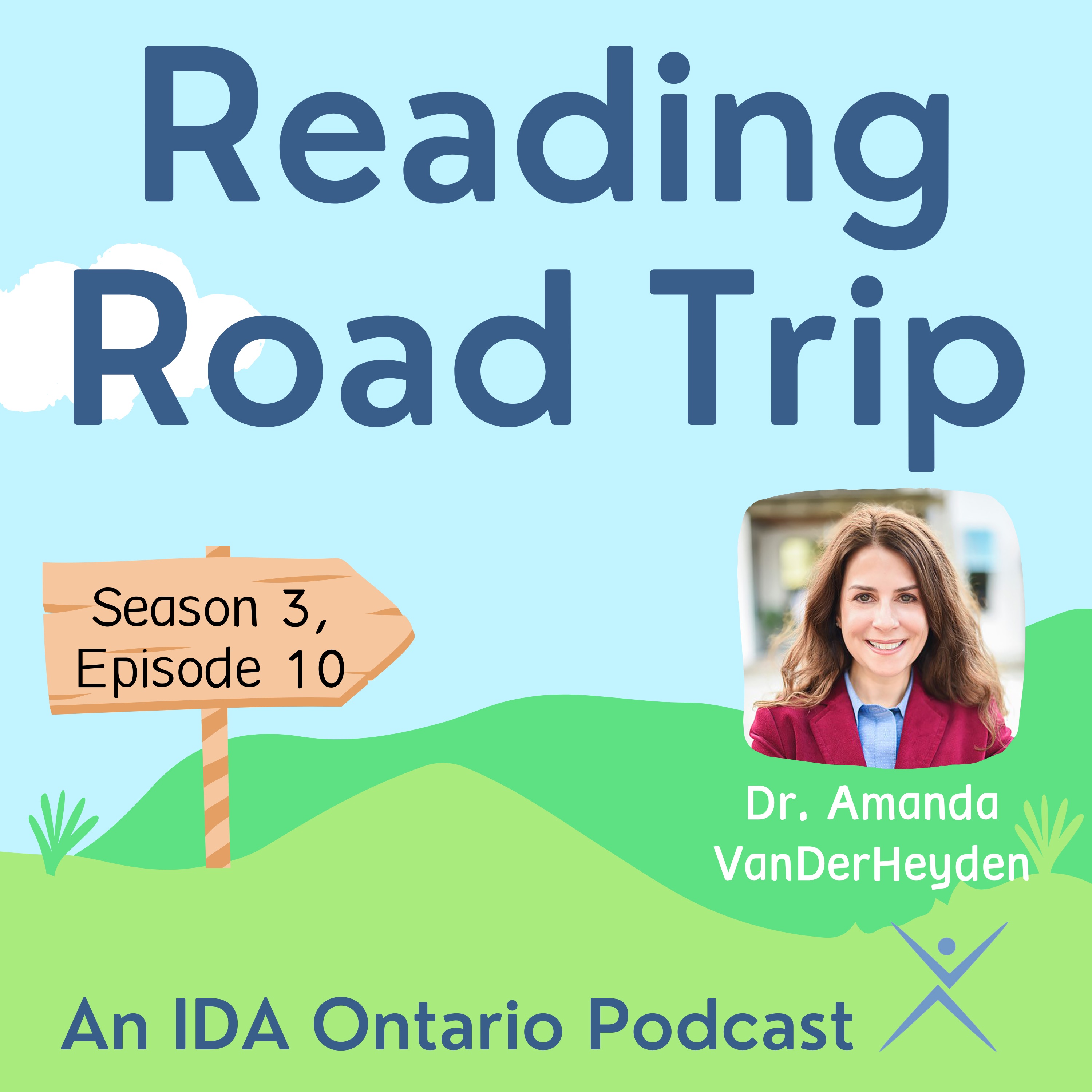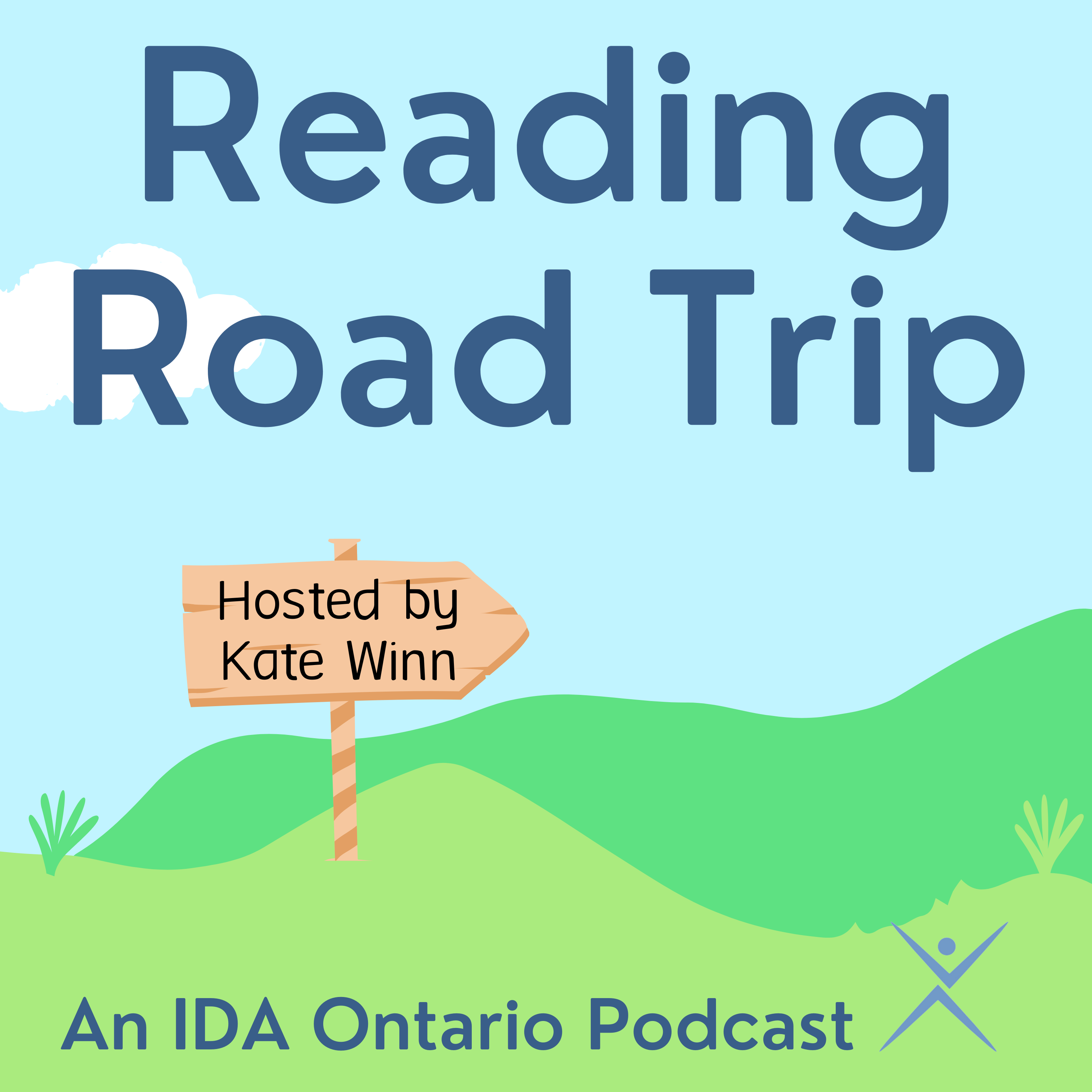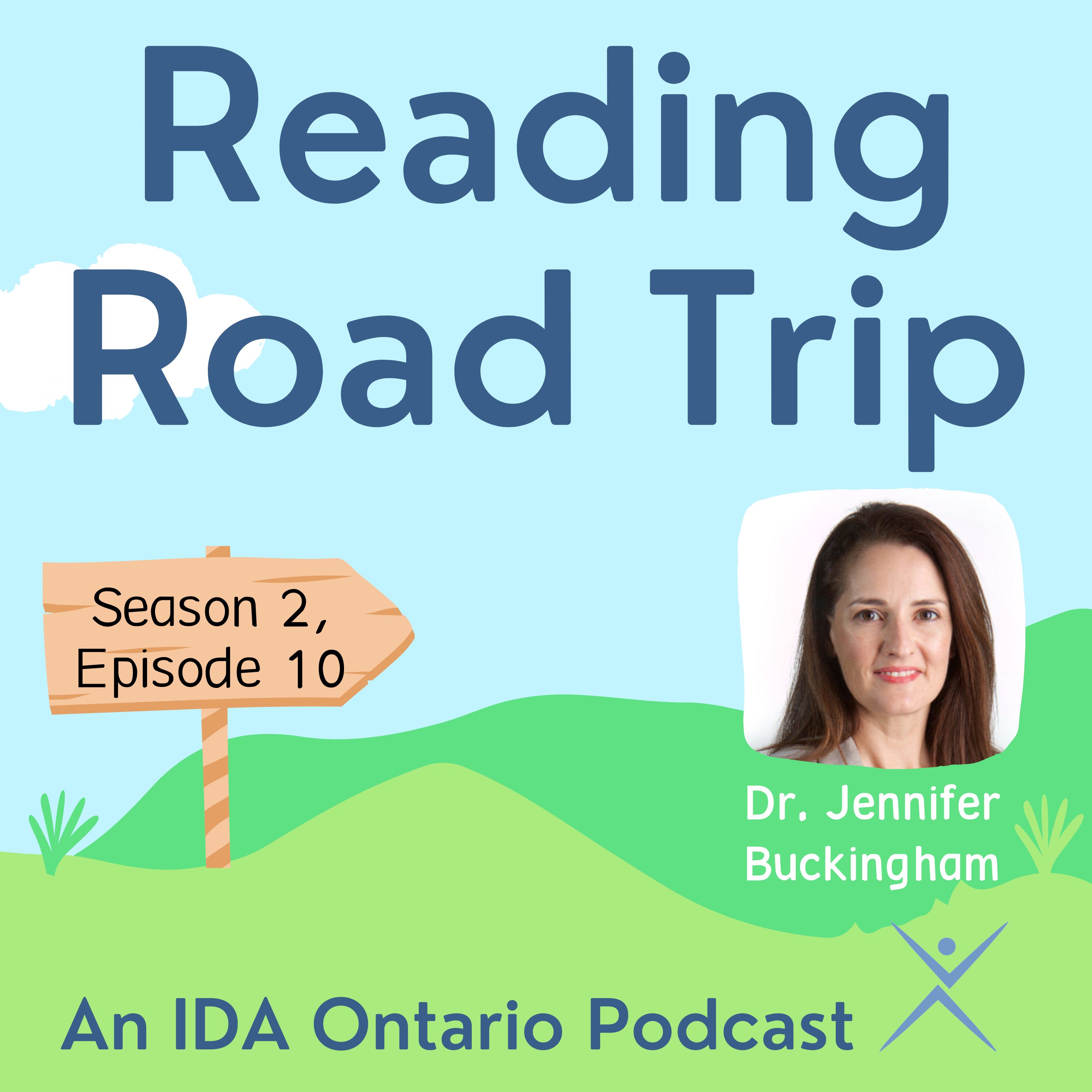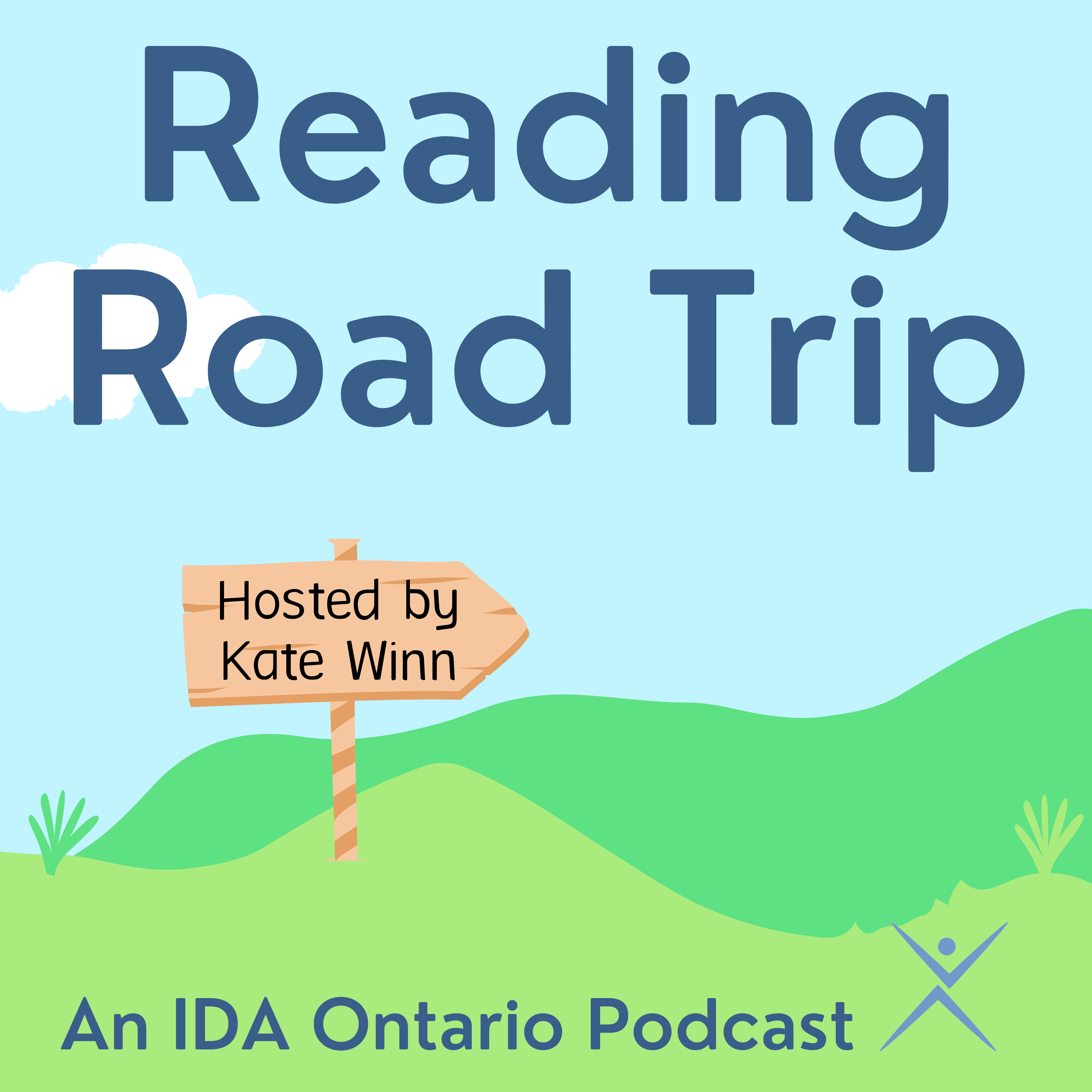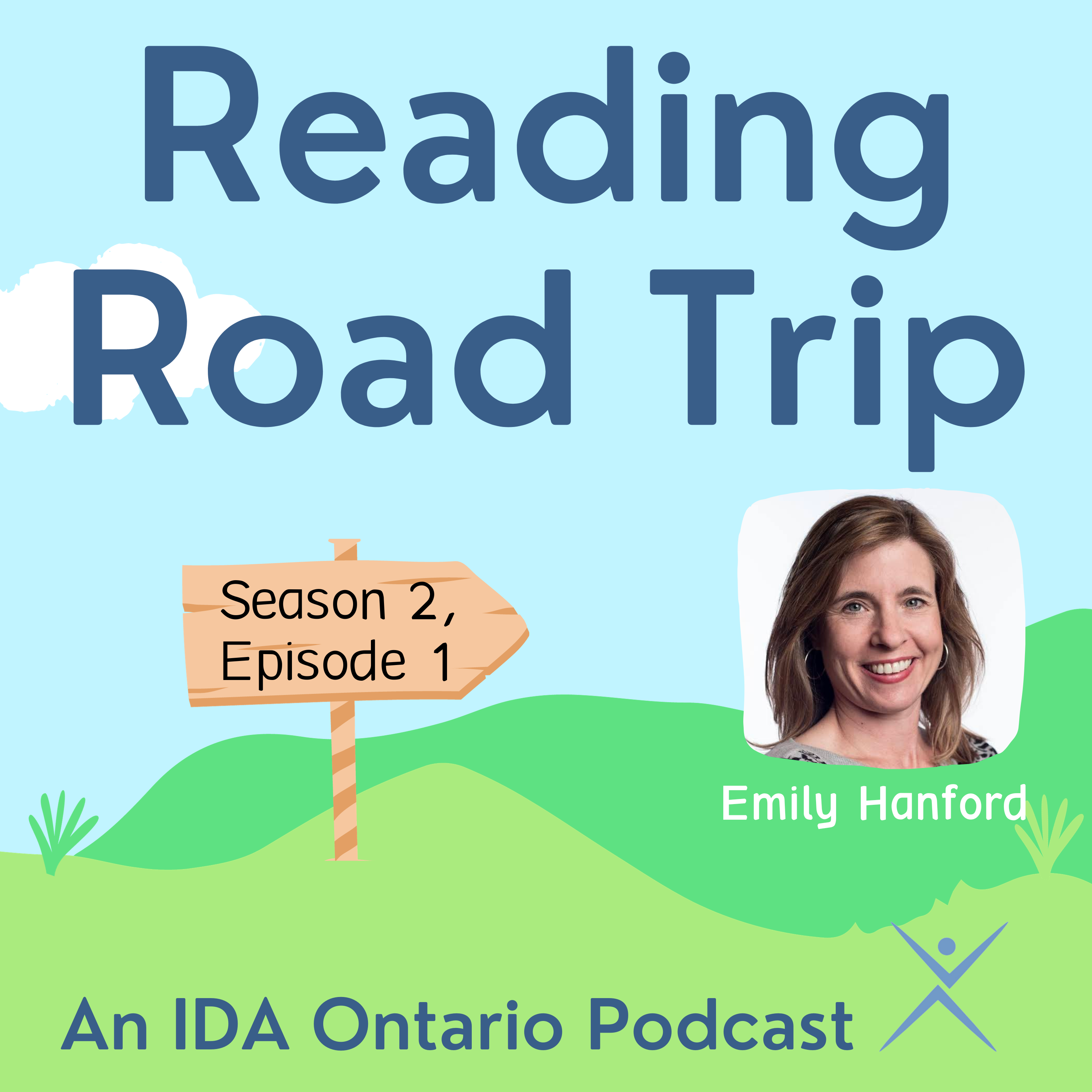Episode Transcript
[00:00:05] Kate Winn: Hello to all you travelers out there on the road to evidence-based literacy instruction. I'm Kate Winn, classroom teacher and host of IDA Ontario's podcast Reading Road Trip. Welcome to a special between seasons bonus episode of the show.
[00:00:22] Kate Winn: Before we get started, we would like to acknowledge that we are recording this podcast from the traditional land of the Mississauga Anishinaabe.
[00:00:29] Kate Winn: We are grateful to live here and thank the generations of First Nations people for their care for and teachings about the Earth. We also recognize the contributions of Métis, Inuit and other Indigenous peoples in shaping our community and country.
[00:00:44] Kate Winn: Along with this acknowledgment and in the spirit of truth and reconciliation, we'd like to amplify the work of an Indigenous artist. And today we are sharing Bernice and the Georgian Bay Gold by Metis author and Ontario educator Jessica Utram. The this book won first place in the Canadian Children's Book Centre Awards this past fall in the Historical Fiction for Young People category.
[00:01:06] Kate Winn: Yay, Jessica.
[00:01:08] Kate Winn: Usually we share picture books, but this one is a chapter book and here's the description. It's the summer of 1914. Eight year old Bernice lives with her family in a lighthouse on Georgian Bay. One day, Bernice wakes up to find a stranger named Tom Thompson sleeping in their living room. When she overhears him talk about gold on a nearby island, Bernice is determined to find it. Inspired by her beloved Mamere's stories of their Metis family's adventures and hardships, Bernice takes the treasure map the stranger left behind and sets out in a rowboat with nothing more than her two dogs for company and the dream of changing her family's fortunes forever. Add this title to your home or classroom library today. And now, on with the show.
Joining me on this special bonus episode.
[00:01:55] Kate Winn: Of Reading Road Trip is my Amazing co producer, Dr. Una Malcolm, also president of IDA Ontario. Welcome, Una.
[00:02:04] Una Malcolm: Thanks for having me, Kate. It's a bit strange to be on the other side of this.
[00:02:08] Kate Winn: So nice to have you here. Gotta share some bad news with listeners, which is that season four of Reading Road Trip will not be coming out until the summer. Between you and me, there have been so many commitments that we've had throughout, you know, the fall and winter, some of which listeners may hear about when the time is right. But we always want to give 100% to Reading Road Trip. We did not want a subpar version of a season out there, so. So listeners, please be patient and bear with us. Stay tuned. Season four is coming, but we wanted to surprise you with a special bonus episode of just the two of us chatting. In keeping with the theme of the road trip, we thought we'd have a very loosely planned out conversation today about some recent road bumps and refuels that we have had, which are for the most part literacy related. So buckle up, the engine is running and we're ready to hit the road.
All right, I'm going to jump in first with my first road bump. And this is one that Una has heard me rant about on a number of occasions. I know. Even in workshops and things, I have shared some concerns about this social media, mainly Facebook groups. They raise my blood pressure. There are some really good ones I'm going to talk about writing later. The thinkSRSD Facebook group, for example. Really, really helpful, really good information.
And I never want to judge anyone who asks a question who puts themselves out there, right? Like, there's no stupid question. That's all good. It's just more the answers. And I know some groups are really well, moderated. You know, like, for example, thinking about the UFLI group, usually a moderator jumps right in once they've approved the question, jumps right in with an official answer. But then the problem is there are still always the other opinions that kind of get shared. And I mean, I know no group has the person power to be able to moderate every single comment that is coming in, but I mean, in a perfect world, I think it would be like, no, that is not scientifically accurate. Delete. Right. Because those are the things that drive me crazy a bit. And sometimes when the question is an opinion, like, I think that two sounds and letters a week is too much for kindergarten kids. What do you guys all think? Well, then you're going to get people's opinions on what they think, even though the science tells us that's the best way to teach reading. Right. So sometimes that drives me a little bit crazy. I actually did just work with UFLI authors Holly Lane and Valentina Contesse on a Frequently Asked Questions document because I was seeing so many misconceptions and things about that. So this was just something I did independently of, of any of my affiliations and just as a volunteer project, but wanted to clear the air on some of those things. And even with Instagram, I find it can be a little bit rough too. Sometimes it's the influencers, that kind of angle. And I mean, some people make really great resources. Sometimes they offer them for free, sometimes they sell them and good for them that they want to get paid for their, their work and their time. And all of that. But things aren't necessarily always based on, you know, evidence and research. And I even see a lot of posts, especially in the kindergarten world, about like, look at all these tabletop centers that I have for this week or look at all of these worksheets that we're going to do every day. And I think sometimes people put more work into it than they even need to. I think they could be working smarter and not harder. And I think it's because of some of these Pinterest perfect and insta worthy kind of, you know, photos of all of these things that people think they have to do and especially the worksheet type stuff and all of that. Because I don't have a kid do a worksheet if it's meaningful. They're either sitting with me, sitting with my partner, or sitting with a great buddy. I don't put out a table of any kind of important worksheet for kids to be working on, you know, without me. They do a lot of paper things like drawing and colouring and free writing and stuff like that. But, you know, so some of that stuff, I just feel like maybe it's the social media influence that might be, you know, steering people wrong or wasting their time a little bit. So that's sort of my first road bump. That's something that, that kind of irks me. And you have heard about this before, but our listeners have not all, all heard it. So I thought I would start with that, that one. Una, can you jump in with your first road bump?
[00:06:01] Una Malcolm: Absolutely. And Kate, I have heard you comment about the Facebook groups just a time or two and just to spread, you know, I also agree it is something where I'm mindful just of what kinds of answers question askers get back. And it is sort of a concern I have, especially given the scale of some of these really, really, really big Facebook groups. But a road bump that I've been sort of, you know, reflecting on recently is just this idea of tunnel vision which it might be a bit at play as we think about bigger picture scaling of structured literacy and evidence-based reading instruction. I think about how there is sometimes a tendency to, you know, for, for an individual to really stick to their guns about maybe an instructional practice. And this might be despite there being really limited or, or no research to support it.
I think, you know, for example, something that I've been reflecting on has been multisensory instruction. You know, there are a lot of claims that for an intervention to be evidence-based, it must be a multisensory intervention that integrates multiple different sensory pathways to support retention. I'm just mindful of the limited research for that. And it just makes me reflect on if we're calling this the science of reading or reading science. It really prompts me to think about part of science as being open to new shifts, to be open to new evidence that comes out. And we need to have that opportunity to welcome additional perspectives and additional evidence as it's brought forward, knowing that that's really an evolving process. So I'm just mindful of sort of that, that openness to experience, openness to new evidence and sort of shifting away from what is probably human nature to have that more rigid tunnel vision on what somebody's own personal training might be or what they've used in the past. I think that's partially how we've gotten into a bit of this pickle before, is really relying on personal experiences when really we should be relying on what does the evidence support and what does the evidence not.
[00:08:03] Kate Winn: Well, I love that example of the multisensory again, and what evidence does and doesn't support.
Because I know, I've heard experts that I trust say, yes, we want kids seeing and saying and hearing and writing like, for sure, yes. But when there are examples like, and if you use scented markers, then they're also smelling like, no, no, that's, that's not where we're going with multi sensory. And of course all the shaving cream examples and things like that, right? Nope. So that's an excellent example. My next road bump is just sort of that distinction between new adult learning and then what we want to offload or download onto our students. Because I think as so many of us are doing all this new learning around the science of reading, science of learning in general, we're getting a lot of new information, but then how much do we actually have to share with the kids and how much is just sort of our behind the scenes instructional piece that, you know, the kids don't really need to know. An example that I think of is the terminology around the articulatory gestures, for example. So some evidence that teaching articulatory gestures as we teach letter sound correspondences could be a good thing. But in terms, terms of the kids needing to know all of that, like the affricates and all of that stuff, I don't think, as far as I know, that there's research saying, yes, they're going to learn to read better if they can name affricate sounds right. So we kind of need to be careful that we didn't, I mean, I'm speaking for most of us, we did not learn all of those things about phonology when we were in teachers college or at any time. So it's exciting for us and really interesting. But even when the sound wall piece comes in and things like that, you know, no evidence about sound walls per se, so people saying that the only right way to do it is to arrange them by place, manner of articulation and all of that, that's might be opinion, it might even be expert opinion. But I'm not sure that in Ontario, when we have three-year-olds coming into our program, that my priority, like I want them to get the letter, sound correspondence and certainly articulate the sounds, you know, as best they can, but not necessarily all of that terminology. So there's that and then even the cognitive load of that added on to kids when they don't necessarily need to define those terms. And I found too, because there's so much great PD happening, sometimes we can attend things and they're targeted more to an older grade. But then it's kind of like I'm going to go back and try that with my kids. And no matter what amazing evidence-based or research-based practice you're seeing, you still do have to meet your kids where they are, right? So I might see some amazing, you know, writing thing going on in a grade two classroom, but like my kindergartens, I have to meet them where they are and just kind of go from there with, with their writing. So that's something that I'm kind of cognizant of. And you know, another little pet peeve sometimes is just sort of that adult learning versus student learning.
[00:10:44] Una Malcolm: That's a really important consideration. I, if I remember correctly, I think that was a big point that Dr. Anita Archer brought up in our season three premiere episode. She really framed out, linked obviously to the Archerism of “teach the stuff and cut the fluff.” I think that was something that was, you know, really something she was mindful of is what, what is the most critical content that a child needs in order to learn to read.
Your example about articulatory gestures is certainly, you know, a timely and relevant one. I think about, you know, Scarborough's reading rope and you know, certainly there are lots of wonderful displays of the reading rope with, you know, fabric or tablecloth or streamers, you know, and I think about how incredible that is, you know, in a room for teachers, in a staff room. Is that something where that necessarily needs to be something that's taught for students and put on a bulletin board in a classroom.
I'm not convinced that it needs to be. Is that knowledge that students need to know to be skilled and proficient readers?
I'm not quite as convinced on that yet.
You bring up some good points, Kate, that's for sure.
[00:11:49] Kate Winn: Yes, I like your example there too. That whole visual of the rope. What is your second road bump, Una?
[00:11:57] Una Malcolm: So my second road bump is a big one and it's been one that I've been really reflecting on recently. And that's sort of the, I think it is wonderful to see so much focus and attention placed on shifting practices. But I think that in many instances we might be neglecting implementation and implementation science and what it takes to be able to shift practice and sustain that change.
We, we all know all too well that schools and, and systems are really, really, really complex ecosystems. And it is really hard to change behaviour, especially in something as complex as a school or a school board, district, division, whatever you call it, wherever you live.
I think it is something where certainly instructional resources are a really important piece of the puzzle, but they are not the only piece. And I think there can be sort of an inclination to purchase a new resource or give teachers access to online training, but not necessarily giving that opportunity for sustained coaching. And looking at what the research really supports in terms of how to make change cohesively across the system, something that might not necessarily be known to everybody is that there's a field of research that specifically examines how changes, innovations can be implemented effectively in systems. It's called implementation science and it's fascinating. It's interdisciplinary. It's not just, you know, looking at how we can change things in education, but other fields, including healthcare. Right. How do we take a new idea, new innovation and put it in practice in that service of, you know, the end outcome? In our, in our case, certainly it's improved student reading outcomes. There, there is a lot of great content out there on implementation science that I would strongly recommend any school based administrator, administrator, any, you know, board or central, central administrator could dig into.
The National Implementation Research Network has Active Implementation modules. We'll put all this in the, in the show notes. And there's a really great issue of IDA's Perspectives on Language and Literacy focused specifically on implementation science. So I think that's just something we all need to have front of mind in terms of how are we best supporting our teachers and our systems to make these changes, because it is not as easy as I think we sometimes think it might be to be able to shift practices all in the service of supporting students.
[00:14:30] Kate Winn: Agreed. And implementation science. Doesn't that sound like a good topic for a future episode of Reading Road Trip?
[00:14:35] Una Malcolm: I really think that sounds like a great topic. So let's write that one down for you.
[00:14:41] Kate Winn: Thought of it before. Wink, wink. Okay. Jumping into my third one. This is not specifically literacy-related, but I just want to mention health. I know you and I, you know, late into the fall both experienced a bit of illness and we've had more serious things in the past. I mean, in my case this year, it was something pneumonia-like, but which I know is not, you know, life-threatening for someone young like me. But it really wiped me out.
Honestly. I think there were three weeks that I really shouldn't have been at school. I took a couple days off one week and got some antibiotics and then, you know, kind of went back and then a couple more days off when I went back to the doctor again and got more antibiotics and ended up puffer. But really that was a roadmap for me because I know like in our chat group I'd be texting and I know you guys probably thought like, what is going on with her? Because honestly, I'm working on some projects, I just wanted to quit my projects and quit my job and tell my family to move out because I was just never going to be able to handle anything ever again. And it also makes me have some, some empathy for other people going through health issues. And I'm so thankful for my colleagues at school. To me, my family, obviously super supportive and my lovely friends.
I got a heated blanket sent to me from some friends, which was super nice. But even colleagues at school, it's hard to take sick days. As a classroom teacher, we have a certain amount and you know, we're very lucky. I know a lot of jobs don't have that, but we kind of need them.
And for something like this, I certainly didn't have enough to get full pay for all the days that I should have been down and out. And it's also hard even not being able to get supply teachers. So I know that if nobody shows up for me, then probably the prep teacher's going to get pulled and then nobody's going to get prep that day. And nobody blames somebody in that situation. But it's still inconvenient. And even if you do get a supply, you have to provide supply plans. And sometimes planning is harder than just going and being there for the day. So it can be tough. But my colleagues were so supportive, offering to do things, you know, do you need your duty done? And Stuff like that. And you know, the grade eight teacher. How about we do an extra buddies period this afternoon, Kate?
So I'm really thankful for that, thankful for good health, you know, when we do have it. And it just kind of is making me think more about caring for people when they maybe aren't in the best of health.
[00:16:50] Una Malcolm: I will just jump in and say you had a very, very, very rough fall.
I know how challenging that was for you and I'm just thrilled that you're back in action and back to feeling like yourself because you were, you were quite sick. So I'm, I'm, I'm glad that's behind you for sure.
[00:17:05] Kate Winn: Well, thank you. And what is your final road bump before we get into our refuels?
[00:17:10] Una Malcolm: So my final road bump is a lack of attention to de-implementing. I just mentioned a lack of attention on implementing. But then we also have to look at the flip side of that. I think it is something where I live in Ontario, I work with a lot of Ontario teachers and educators and they are working in a context where we have new early reading screening. And I'm mindful of layering on additional work, additional responsibilities for educators without necessarily thinking carefully on what can we layer, what layers can we take out for them. Right. I'm mindful specifically of what this looks like for over assessment. Right. Recognizing that there are some systems where there might be, you know, an Acadience or an, or an easyCBM screening for kindergarten to grade two. There might also be a DRA or a benchmark assessment system, you know, sort of hanging on to that. And then there might be additional mandatory diagnostic assessments, something like a phonological awareness diagnostic, stretching, you know, K to 3. And I'm just mindful of, you know, number one, the relevance for that is this information is this actionable data that you know, are, is, is collected from valid and reliable tools that we can trust the data that's generated from this.
And then is this something where this has direct impacts on how we would teach and answering questions for students? But then I'm also just mindful of educator workload and well being. Right. Is this something, is that additional time and additional work, is that juice worth the squeeze in terms of what we'll see in terms of instruction?
I'm just mindful of, you know, if, if we're really focusing on layering in high quality evidence based instructional practices, what are they replacing? Because we can't just layer on and layer on and layer on. Something's got to give. And I think we still need to have that really careful, thoughtful work done in terms of what practices no longer serve us and what can we be shifting away from. So just something I'm thinking about as we think of sort of system wide progress.
[00:19:12] Kate Winn: That's a great one. Okay, so we have our road bumps out of the way. We are ready to move into some refuel, some things we're excited about or positive about, some things we want to share that give us some literacy life and I will jump in with my first one. So I wanted to give a shout out to Dr. Stephanie Stollar and her Reading Science Academy. So she does have like an open Facebook page for her Stephanie Stollar Consulting, which is great. She has a lot of great free stuff on there. But she also has this paid membership. It's a really reasonable price for a year for the quality and quantity of professional development that you can get. So there's a private Facebook group for members and there are live things like for example, once a month there's office hours where you join this zoom meeting and you can directly ask Dr. Stollar if you have a question about something. And then other people are all there to weigh in too, which is great Masterclass where she shares information on a certain topic, substitute teacher. She brings in all the big names that you know in reading research to share information from their, their field of work. Um, she's got cheat sheets, great things that, and she is, you know, she encourages people to share. So I mean if you get a cheat sheet and you want to use it at school for a team meeting or something like that, that's totally fine. Um, I found I've done a lot of professional learning there. There's never any, you know, nobody's taking attendance at any of these things. Everything that's video is recorded. Even if you're not there live, you can watch it later. Um, and I just found it super helpful. I mean especially, you know, she's really an expert on MTSs and a lot of that, that whole broad area.
But it's just great to go in and find things. If you have to do presentations, you're looking for information or you're looking for something to take to your administrator to try to explain something or even parent, you know, you're trying to talk to a parent about something. She's got scripts and, and that sort of thing. So shout out for that one as, as one of my recent refuel.
[00:20:57] Una Malcolm: That's a good one. And I will say I had the delight of having Stephanie as a professor in my doctoral program. And it is so wonderful that she's making her knowledge and experience accessible to, you know, a really wide audience. And it sounds like there's a really wonderful community of people in that membership. So it's always great. Every time I hear you, you and the many other colleagues that I have who are in, that makes me think I should join. So that might be a goal for 2025.
[00:21:27] Kate Winn: Sounds good. Your first refuel, what is it?
[00:21:30] Una Malcolm: My first refuel, I would have to say the, and this is a bit specific to Ontario, but through IDA Ontario works with Dyslexia Canada on our project onlit.org which is an Ontario Ministry of Education funded website designed to support Ontario educators in navigating the revised language curriculum. And one of our main projects through that is called the Systems Change Collaborative. And as I was reflecting really on that importance of implementation, it really highlighted how wonderful it is to be able to offer this professional learning community. It is geared towards educators in central roles. So literacy consultants, superintendents, directors of education, anybody sort of working in a system, we call them school boards in Ontario, school districts, school division, anybody working in that role to sort of support literacy instruction, literacy assessment, literacy instruction across that system. And we just have such a wonderful community of participants and an incredible host. It's Dr. Andrea Fraser, who listeners will remember as a podcast guest from previous seasons. And it's just an absolute pleasure to be able to learn more about the initiatives that are happening within those, within those systems and to be able to support the knowledge and growth of those really important professionals who are, who are sort of driving that systems change within their board. And it's just, I'm just mindful of sort of that cohesion that's necessary to shift practices across the system.
Certainly thinking about, you know, there's definite value in educators pursuing professional development, but we need this to be within a cohesive systems approach and just it's such a privilege to work with those wonderful colleagues in Systems Change Collaborative. So something I've really been enjoying recently.
[00:23:21] Kate Winn: Awesome. That's a great one. All right, I'm going to jump into my second one. I am just really excited about early reading screening, especially the great things happening in Ontario. But I know in other provinces, other states, steps are coming, baby steps some places, but steps are, are being taken, which is good.
I love that, you know, all K to 2 students got screened in our province in the fall and hopefully some targeted instruction was happening. And I'm just excited because I know for several years now I've been using this data and it's so empowering. And then just to see more people coming along with it, it's so great. Now, as I mentioned in my road bumps, sometimes there are still misconceptions and things out there. ONlit has really tried to help with some great reels. Is it the real deal?
[00:24:06] Una Malcolm: Is that what we call them? Screening the real deal?
[00:24:08] Kate Winn: Screening the real deal. And they address so many misconceptions just in a minute. So it's like, you know, I've heard that blah, blah, blah. And then an ONlit team member kind of clarifies based on, you know, accurate information. So those can all be found on ONlit YouTube channel as well as they posted them as they kind of went on their social media channels or on our social media channels too. But just really good to clarify some of that because it's still so new for a lot of people.
[00:24:34] Una Malcolm: Right.
[00:24:34] Kate Winn: And still some things they don't understand. But I'm just feeling really, really good and really hopeful about this valuable tool that is early reading screening.
[00:24:42] Una Malcolm: So valuable, certainly. I mean, I know that I always frame out screening as one of those key recommendations from the Ontario Human Rights Commission. This is something that we want - that evidence-based, quick checks of those key skills that we know are supportive of reading development. And how exciting to have that first beginning of year window done with every child, kindergarten year two of kindergarten, grade one and grade two in the province. So certainly a major milestone. And thank you to the wonderful educators who have jumped into a new practice.
It is challenging to shift practice and I think about how what a huge milestone across the province. So that's certainly an exciting refuel. Another refuel that I've been thinking about really is just along those lines of new challenges, and something I'm mindful of is shifts in higher education and university.
So when we are recording this, the course actually starts tomorrow. But by the time this episode is out, I will be well in the thick of teaching a course at Memorial University in their Reading Development and Instruction program. So this is a program that is either a diploma or a certificate, I think a four-course diploma that can ladder into a master's program. And it's really exciting to see sort of that evidence based structured literacy approach within a Canadian university. So a really exciting, fun new challenge for me. There are wonderful colleagues at Memorial, including The fabulous now Dr. Diana Burchell, who was a guest in I think season one of the podcast. Is that right, Kate?
[00:26:17] Kate Winn: Yes, Season one, episode nine, I believe. Yes.
[00:26:20] Una Malcolm: Okay. Yeah. So Diana is phenomenal. She's also an instructor in this course. So just something to look forward to, to, you know, dig into this new challenge and to get to meet the wonderful educators who are students in this program. Something I'm looking forward to.
[00:26:34] Kate Winn: Congratulations, Dr. Malcolm. That's so exciting. Exciting for you, you know, in terms of different career milestones and things like that, but so exciting for those students who are going to get to have you as their instructor. So yay.
All right, I will jump into my third and final refuel. So I've just been really excited lately about writing instruction.
I know that I really like, and we've talked about this with other guests on different episodes, but I kind of like the whole idea of thinking of writing as the letter formation, the spelling and then the composition, like the coming up with what to say. And I think in kindergarten I was doing a really good job. Once I kind of got on to the science of reading and I was doing explicit systematic phonics instruction and all of that. I feel like the letter formation piece and the spelling piece, like spelling that goes along with the phonics program. I feel like I was doing really well with that. And then it was just sort of getting into the. But how can I start to get them to develop their ideas and things like that, especially before they can actually spell and do all of that? So much so, so, so much of that composition can be done orally first. So I've been really on board with that for a while. Really excited about SRSD, self-regulated strategy development. We talked about that a little bit when we had Steve Graham on the podcast. But stay tuned to season four for more. I would like to talk about that a little bit more in, in the future. But I did thinkSRSD training back in April. So they're an organization that has kind of helped take SRSD research and sort of parcel it out in a way that teachers can understand and use effectively in the classroom. Started using it in my class and, you know, wow, it's been really exciting. Leslie Laud, who runs thinkSRSD, has asked me to do a couple of presentations with her, which has been really fun. And we have just actually launched think our SRSD school wide. I'm in a K to 8 school. We provided the workbooks and the access to the course. We're going to take things really slowly to try to make it, you know, as successful as we can based on what we think educators can handle. Right. Because there's a lot out there right now. So it's going to be slow steps. But I'm really excited about what's happening in my class, what's happening in my school, and maybe sharing more about that with listeners in the future too.
[00:28:39] Una Malcolm: I for one would love to hear how that goes, certainly in your class I've heard some updates along the way, but how exciting to think about a school-wide implementation of that. That's exciting.
Looking forward to hearing more.
[00:28:50] Kate Winn: All right, wrap us up with your final refuel. Una.
[00:28:54] Una Malcolm: Well, my final refuel might seem like a small thing, but for me it very much was not a small thing. And that is library access. It is something where, you know, we talk about that research to practice gap and certainly there's many factors that can, you know, that are definitely contributing to that. But one that I think we don't talk about a ton is just access to knowledge and information and research. Thinking about, you know, for educators when they're in their preparation programs, they have access to their university's library, to their college's library. But that often ends as soon as they are done their preparatory programs. And I think about how challenging that is. And that was something that was, I was really apprehensive about as I finished up my doctorate last spring because I thought I just can't lose access to the library because I need to be able to keep downloading articles and reading articles and staying current and up to date with the field.
And that is something where I was thrilled. This was a new sort of a new development through Mount St. Joseph University, their Center for Reading Science. They offer as part of their annual, they have an annual membership program which is very low cost. I think it's $50. And for that year members actually get access to the university's library system. So they have remote off campus access where you can log in and access all of those periodicals and journals, articles that you would get if you were a student. So for me, that has just been incredible to be able to download and read as much as I would like. One other piece that I always like to remind Ontario-based people is that if you are an Ontario, if you're licensed with the Ontario College of Teachers, through the college there is free access to ERIC, which is a research database. So there are some crafty solutions to staying up to date with research. But it's something that I was so thrilled to have that opportunity just to have continued library access after I graduated because it's a real problem to lose access to that sort of flow of insight into new developments in the field. So I'm thankful for that.
[00:31:03] Kate Winn: That's great.
[00:31:04] Kate Winn: And I know you were speaking about research specifically. But even in terms of just books, the OCT library is great for that. They will mail to you whatever book that you have put on hold. You've got your little special envelope that you send it back in. I've done that several times and we actually have a really great relationship with their library staff in terms of our onlet book studies and things that we do. We let them know what books we we think that they should stock and they've been really supportive and wanting to help Ontario teachers that way as well. So if there is a a professional book you're looking for, you can just go in, log into your OCT membership, go to library and check it out and you can just have it actually sent to you, which is pretty cool.
[00:31:43] Una Malcolm: It's incredible. It is something I wish I took advantage of earlier. It's so convenient to have all the books you want to read have the ability to mail them right to you and then you just pop the book back in in that special folder, put it back in the mail and it's wonderful.
[00:31:59] Kate Winn: Wonderful indeed.
[00:32:00] Kate Winn: Okay.
[00:32:00] Kate Winn: Dr. Una Malcolm, thank you so much for being here with me for this special bonus episode of Reading Road Trip and I am really excited for us to forge ahead planning season four of the show show.
[00:32:14] Kate Winn: Show notes for this episode with all the links and information you need can be found at podcast.idaontario.com and you have been listening to our special bonus episode between seasons three and four.
Now it's time for that typical end of the podcast call to action. If you enjoyed this episode of Reading Road Trip, we'd love it if you could rate and or review it in your podcast app as this is extremely helpful for a podcast and of course we welcome any social media love you feel inspired to spread as well.
Feel free to tag IDA Ontario and me. My handle is this momloves on Twitter and Facebook and katethismomloves on Instagram. Make sure you're following the Reading Road Trip podcast in your app so you'll be the first to know when season four launches. And you may want to take some time to go back to catch any episodes you miss missed from the first three seasons or even re-listen to your favourites while you wait.
We couldn't bring Reading Road Trip to you without behind-the-scenes support from Brittany Haynes and Melinda Jones at IDA Ontario. I'm Kate Wynn and, along with my co-producer Una Malcolm, we hope this episode of Reading Road Trip has made your path to evidence-based literacy instruction just a little bit clearer and a lot more fun. Join us in Season 4 when we bring another carload of fabulous guests along for the ride on Reading Road Trip.
